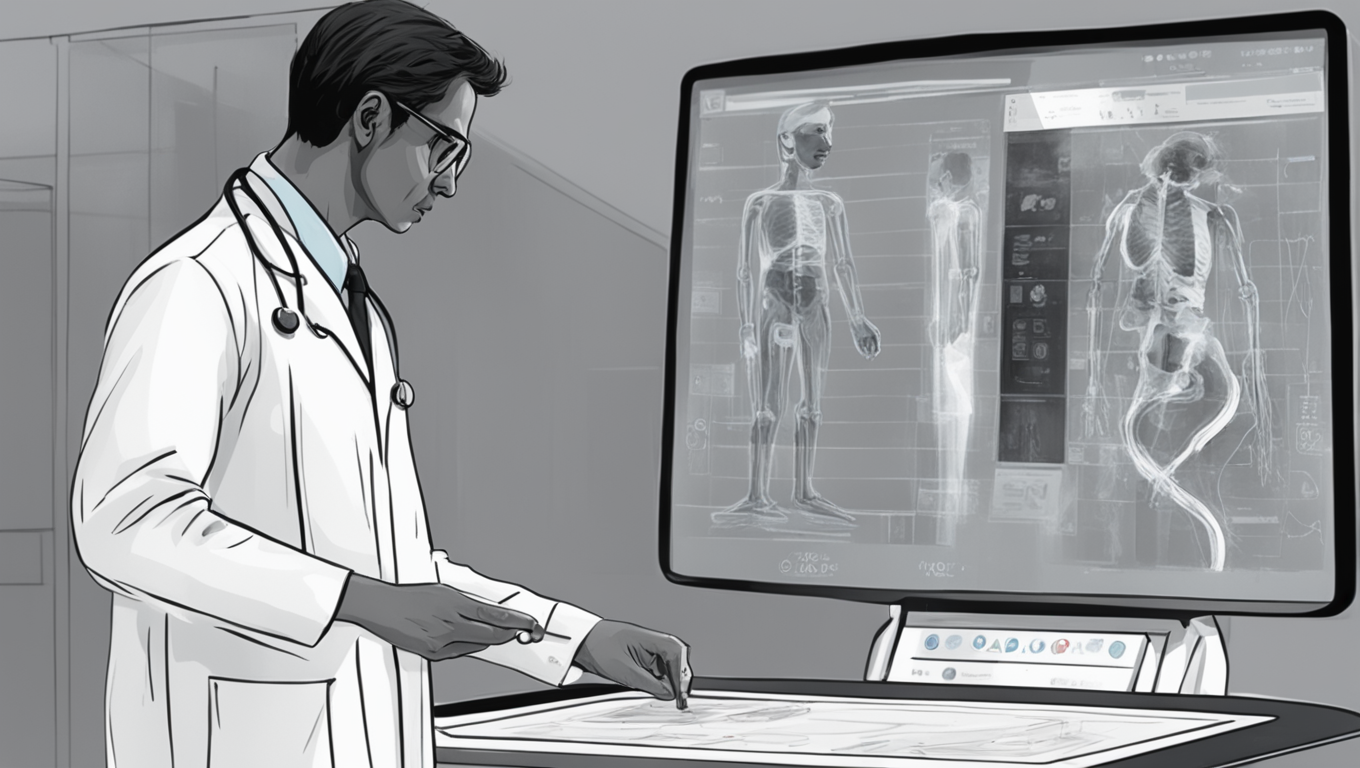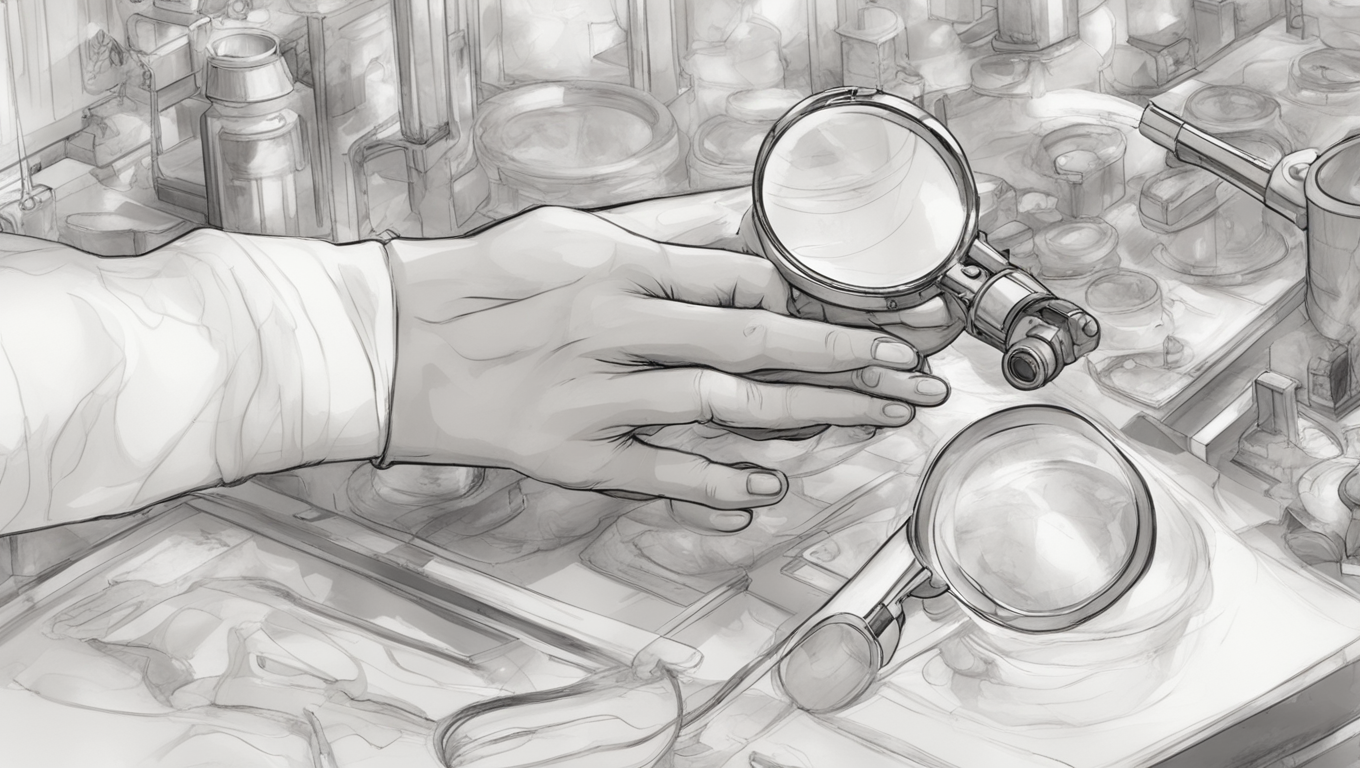Artificial Intelligence (AI) has been making waves across various industries, and now it’s poised to revolutionize healthcare in India. Google has teamed up with Apollo Radiology International to leverage AI technologies in healthcare. In an exclusive interview with indianexpress.com, Dr Sreenivasa Raju Kalidindi, CEO and Medical Director of Apollo Radiology International, and Shravya Shetty, Director & Engineering Lead at Google Health AI Research, shared their insights into the significance of AI in healthcare and its potential to bridge gaps in access and expertise.
Dr Kalidindi highlighted the vital role of radiology in healthcare and the challenges faced by the Indian healthcare system. He pointed out the shortage of radiologists and the centralized nature of expertise. Recognizing these issues, he explained, “This company was founded to address the rapid expansion of radiology in the last few decades. With this expansion, there is also an increasing demand for trained radiologists to interpret scans.” This scenario calls for innovative solutions to bridge the gap, particularly in remote and underserved areas.
During the conversation, Dr Kalidindi discussed the impact of AI in early disease detection, specifically in tuberculosis (TB), lung cancer, and breast cancer. He stressed the importance of early detection and treatment, particularly for TB, which has high mortality rates but is curable with timely intervention. Dr Kalidindi stated, “We’ve been working on detecting TB from chest X-rays in a public health setting, as well as diagnosing lung and breast cancers from CT scans and mammograms.” The wide scope of AI’s impact on healthcare is evident in its potential to revolutionize the detection and treatment outcomes of these diseases.
TB, lung cancer, and breast cancer are significant health concerns globally, especially in South Asia and Sub-Saharan Africa. With the scarcity of trained radiologists to interpret chest X-rays, AI systems are being developed to detect early signs of TB. Similarly, AI can aid in identifying lung and breast cancers, where specialized screening is crucial. In India, AI has the potential to significantly improve early detection and treatment outcomes, addressing the lack of accessible screening and expertise in these critical areas.
Shetty highlighted the collaboration between Google Health and Apollo Radiology International and their focus on using AI to improve healthcare outcomes. She explained, “We identified key areas where AI could bridge existing gaps, particularly in early screening and diagnosis for diseases such as tuberculosis, breast cancer, and lung cancer.” By developing AI solutions that facilitate early and scalable triaging, assist in diagnosis, and enhance access to care, they aim to transform healthcare for millions of people. Shetty also acknowledged the challenges and barriers to AI adoption in healthcare, from initial skepticism among medical professionals to technical and regulatory hurdles. However, she remains optimistic about AI’s potential to personalize, enhance accessibility, and improve the effectiveness of healthcare.
Both Dr Kalidindi and Shetty stressed the importance of partnerships in advancing AI-powered healthcare. Dr Kalidindi stated, “This is a powerful way of taking specialist expertise from large centers to where most of these patients are scanned.” Shetty emphasized the collaborative nature of their efforts, highlighting their own collaboration as an example. These conversations with key figures in the field shed light on the broader implications of AI in healthcare. AI has the potential to decrease disparities in access to healthcare and improve outcomes for diseases with high mortality rates. The partnership between Google Health and Apollo Radiology International paves the way for integrating technology to address critical healthcare challenges with AI as a complementary tool to enhance, not replace, human expertise.
As AI continues to advance and evolve, it holds immense potential to revolutionize healthcare globally. With the partnership between Google Health and Apollo Radiology International, India is at the forefront of embracing AI in healthcare. This collaboration signifies a significant step towards leveraging AI’s transformative power to improve early disease detection and treatment outcomes, ultimately enhancing the lives of millions of people.



Use the share button below if you liked it.